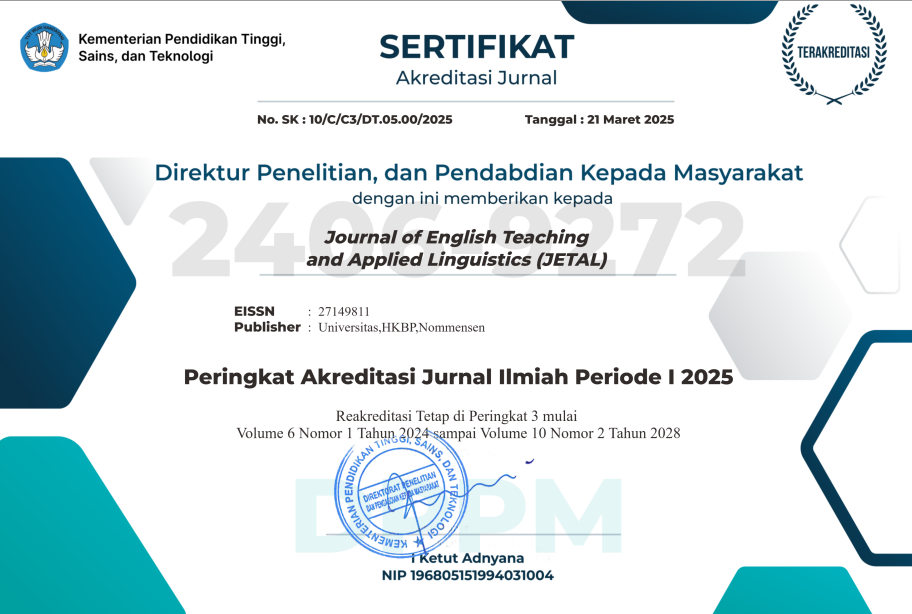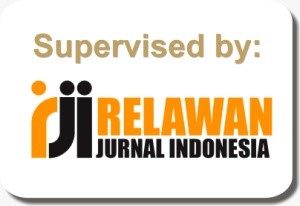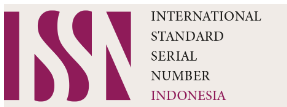Improving Students' Vocabulary by Using Bingo Game at the Eighth Grade of SMP Swasta Idanoi in 2022/2023
Abstract
Vocabulary is the words that has a meaning and used by people to communicate with other and it support skills in English, namely Listening, Speaking, Reading, and Writing. In the reality, the students at the Eighth grade of SMP Swasta Idanoi had a problem in vocabulary that effected in their Writing skill, namely: students were not able to know the English words and uses, students were not able to recognize the translation words and difficulties in memorizing the long syllable and unfamiliar words. Based on the problem, this research aimed to overcome the problem by using Bingo game. This research used Classroom Action Research (CAR) that consists of Planning, Action, Observation, and Reflection. The result of the research in cycle I showed there were 13 students did not pass the MCC of 21 students and the average of students’ mark was 63. The lowest score was 10 and the highest was 90. In the cycle II, all the students passed the MCC with the average of students’ mark was 93,33 with the lowest score was 80 and the highest score was 100. The researcher concluded Bingo game improved students’ vocabulary and overcome the students’ problem in this research.
References
Asrori.,Rusman. (2020). Classroom Action Research PengambanganKompetensi Guru. CV Pena Persada
Bai, Zhihong. (2018). An Analysis of English Vocabulary Learning Strategies, 9(4) 849-855
Chua, Ethel. R., Lidawan, Marvin.W. (2019) Games as Effective ESL Language Classroom Strategies Perspective From English Major Students, 4(1) 111-131
Ermawati, Eka. A., Trianasari, Ely. (2019). Bingo game: Hidden Treasure among Heap of Woods (The Effectivity of A Game in Improving Students’ Vocabulary Mastery, 3(1) 37-42
Firdaus, Firdayanti. (2022) Increasing Students’ Vocabulary Achievement Through Bingo Games, 2(1) 54-57
Kumar, Phani., Murthy, N.S.R (2020). Techniques for Teaching/Learning Vocabulary: A Brief Study, 4 (19).
Kementrian Pendidikan dan Kebudayaan Republik Indonesia (2017) Bahasa Inggris “When English Rings a Bell”. Pusat Kurikulum dan Perbukuan, Balitbang, Kemendikbud.
Manihuruk, Leonita. M.E., Siahaan, M.M. (2020). Introduction to Vocabulary.Forum PemudaAswaja.
Mossaab, Ben. E.M. (2021) The Integration of Games in Teaching English as a Foreign Language in the Classroom: Moulay Ismail University as a Case Study, 3(1) 208-230
Noviyanti, Rita.,Bahri, Syamsul&Chairina. (2019). The Use of Think Bingo Game to Improve Students’ Vocabulary Mastery, 4(1)
Pido, Nur Wahidah. (2019) English Teaching Method Applied by Teachers in MTs Negeri Model Limboto, 4(1) 57-40
Qomariyah, Siti. Syafi’atul. (2020) Bingo Games in Students’ Vocabulary and Reading Comprehension, 5(2) 170-177
Rahmasari, Brigitta. S. (2021).Improving Students’ Vocabulary Mastery through Bingo Games, 7(1) 28-34
Shanonara, Tita Tania., Sofyan, Rudy (2021). A Writing Skill Assessment of The First Semester English Department Students of The Universiras Sumatera Utara. 32(3). 181-198
Sharakhimov, Shoaziz.,Nurmukhamedov, Ulugbek (2021). Assessing Learners’ Productive Vocabulary Knowledge: Formats and Considerations. 59 (4) 16-25
Surmanov, Sardor. E. (2020).Analysis of Difficulties in Vocabulary Acquisition, 6(1)144-153
Toba, Rostanti., Noor, WidyaNoviana (2019). The Current Issues of Indonesian EFL Students’ Writing Skills: Ability, Problem. And Reason in Writing Comparison and Contrast Essay. 19 (1). 57-73.
Yaacob, Aizan.,Shapii, Aspalila (2019). Vocabulary Learning Strategies Through Secondary Students at Saudi School in Malaysia, 1-12.
Authors retain copyright and grant the journal right of first publication with the work simultaneously licensed under a Creative Commons Attribution-ShareAlike 4.0 International License (CC BY-SA 4.0) that allows others to share the work with an acknowledgment of the work's authorship and initial publication in this journal.
Authors are able to enter into separate, additional contractual arrangements for the non-exclusive distribution of the journal's published version of the work (e.g., post it to an institutional repository or publish it in a book), with an acknowledgment of its initial publication in this journal.
Authors are permitted and encouraged to post their work online (e.g., in institutional repositories or on their website) prior to and during the submission process, as it can lead to productive exchanges, as well as earlier and greater citation of published work (See The Effect of Open Access).






